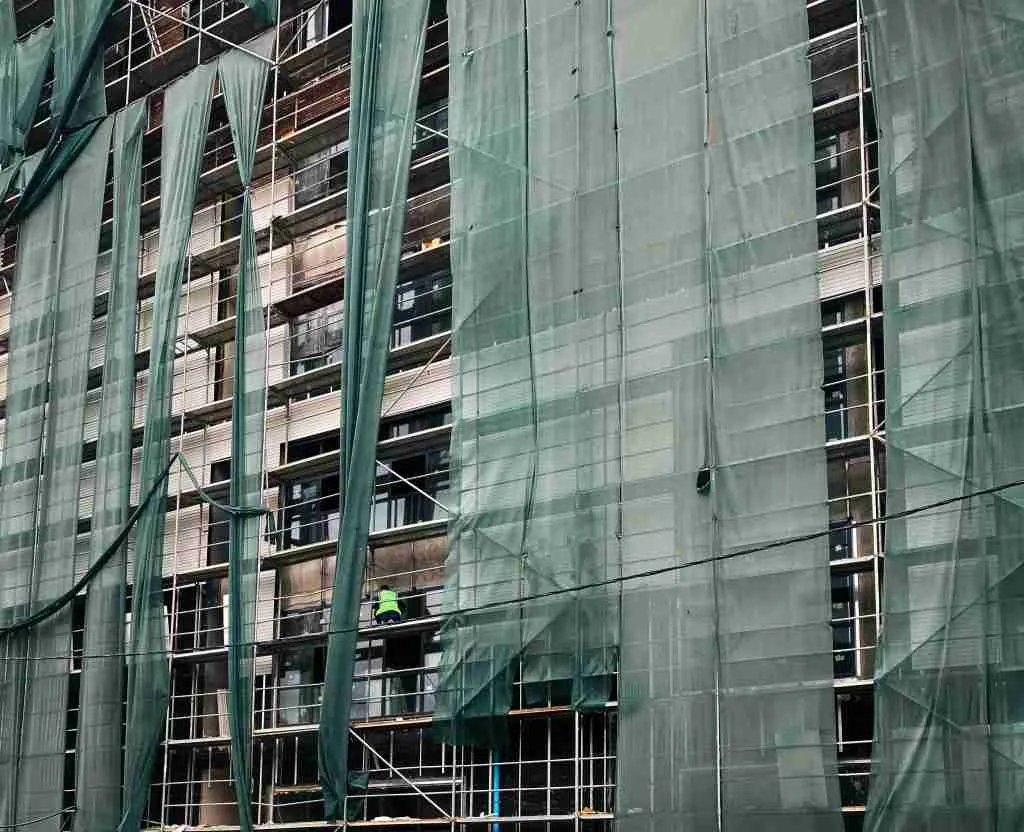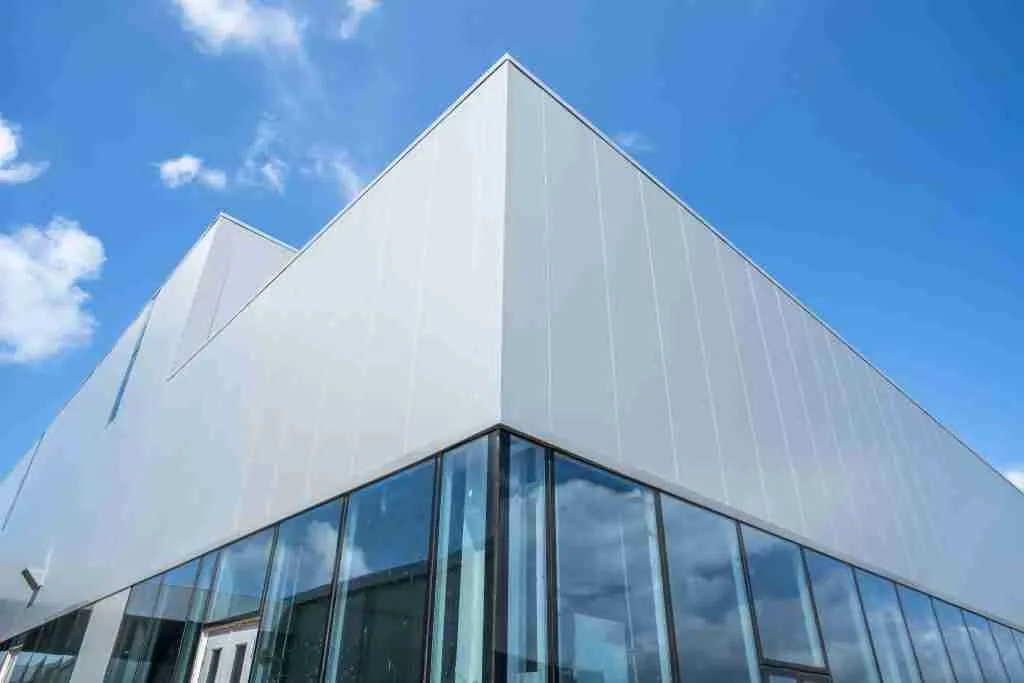
The construction industry has always been one of the most nimble industries, constantly reinventing itself through new technologies, materials, and processes. Now, in 2025, custom fabrication construction is emerging as an innovation—changing fundamentally how projects are designed, delivered, and built. With improved efficiency and sustainability, construction industry fabrication is no longer limited to metalwork; advanced plastic fabrication construction has established itself as an economical and durable solution.
This article discusses how custom fabrication is going to be a disruptive force to the construction industry, how plastics play a role in these changes, and why contractors, architects, and developers are embracing custom fabrication construction methods to stay ahead of the market.
What is Custom Fabrication Construction?
In very simple terms, custom fabrication construction is the process of creating a building component made to meet the exact needs of a project. Unlike a standard off-the-shelf product, fabricated parts are developed to precise specifications, which means they are able to fit properly and perform better.
Traditionally, custom fabrication has been synonymous with metal products, such as steel or aluminum. However, plastics and composites will become just as important in 2025, and are providing construction solutions through their adaptability and superior strength-to-weight ratios at a reasonable cost. While the construction industry fabrication has always provided builders with the ability to balance durability and rational design, the year 2025 will likely see plastics play a major role.
Why Custom Fabrication is Moving Construction Forward in 2025
There are several key factors that are advancing custom fabrication construction forward:
- Precision & Quality: Fabricated parts are made using advanced CNC machining, laser cutting, and 3D digital printing processes that ensure components are made to exact specifications in a quality machine shop to minimize errors in the field.
- Accelerating project completion: Acceptance of pre-fabricated and custom-fabricated items, in which assembly delays are significantly improved, can get projects done faster.
- Sustainability: Plastic fabrication construction methods enable recycling, less waste, and a significantly lower carbon footprint as compared to traditional construction materials.
- Sustained cost savings: While the upfront cost of the fabrication can be higher, with a decrease in build hours, less waste, and limited delays, the project budgets’ overall savings are astonishing.
- Creative design: Architects can achieve creative design concepts with projects that go above the limits of traditional construction.
The Role of Plastic Fabrication in Modern Construction
To modify pre-fabrication construction to pre-fabricated and custom-fabricated components, allowing for extreme customization, is one of the largest advancements made in 2025 in the construction industry. Plastics have been one of the materials in construction for many decades, PVC piping, acrylic panels, polycarbonate sheets, and now these advanced techniques are allowing designers and builders/clients unlimited construction simplicities with consideration of custom fabrication.
Examples of plastic fabrication in construction include:
- Acrylic panels: Acrylic panels, which are highly durable, light, and customizable, can lend to architectural glazing and aesthetically pleasing decorative features.
- Polycarbonate sheets: Polycarbonate sheets are a strong, impact-resistant material typically used for skylights, roofing panels, and safety barriers.
- Custom plastic fixtures: There are many forms of custom brackets, spacers, and custom connectors, all designed to apply one specificity that they were originally designed for.
- Green material: The construction industry’s usage of sustainable and recycled plastic composites helps with the global contribution to sustaining our environmental practices.
With plastics in fabrication in the construction industry, builders get the best of both worlds with strength, flexibility, and efficiency.
Custom Fabrication in Key Construction Applications

a. Infrastructure projects
Custom-fabricated plastic and composite components for application in bridges, tunnels, and other public infrastructure. Their lightweight makes them less expensive to transport and easier to assemble.
b. Residential and commercial buildings
Architects can take their designs to another level using the customizations available for designing elements included in new residential and commercial buildings. Custom shape acrylic and polycarbonate are substituting glass in some cases, offering durability and savings.
c. Interior Design and Finishing
Plastic fabrication construction is integrated into everything from wall panels, signage, and decor while providing a modern look in a lightweight and economical form.
d. Green Building Projects
The push to make sustainability goals with the use of recyclable plastic components creates less carbon footprint, allowing construction firms to meet standards like LEED and environmental.
Advanced Technologies Driving Construction Fabrication
The Construction Industry in 2025 uses next-gen technology to forge ahead with custom fabrication:
- 3D Printing (Additive Manufacturing): Designers are now able to fabricate parts and complex geometries quickly than ever, creating prototypes for construction parts.
- Laser Cutting and CNC Machining: These precise techniques ensure all fit together seamlessly, providing ultra-exact dimensions for custom plastic and metal components.
- Automation and Robotics: Robotic production ensures mass fabrication with objective product consistency and less human error.
- Smart Materials: Plastics and composites with features such as self-healing, fire, and energy protection are becoming an accepted tradeline within construction.
In short, our industry is becoming more efficient, accessible, and totally future-proofed for construction industry fabrication.
The Sustainability Role of Custom Fabrication
Sustainability is one of the major trends in construction in 2025. There are also many ways that custom fabrication can help sustainability:
- Less Waste: More of what is fabricated is tailored towards your specific project and reduces the waste of material, unlike stock materials.
- Energy efficiency: Generally, there are better insulation properties used with custom plastic components, which reduces your building energy cost.
- Recyclability: Many plastic components used in plastic fabrication construction can be used in recycling and converted to new components may not realize they need to be recycled.
- Lightweight Materials: Less weight equals fewer emissions and expenses in transportation.
By using custom fabrication construction, builders are saving money and, at the same time, helping to save the planet.
The Competitive Advantage Custom Fabrication Construction
Construction industry fabrication puts businesses in a commercial space, but the builder that is successful in this current economy will be the builder that embraces custom solutions to:
- Finish projects faster and more accurately.
- Give clients one-off, unique designs.
- Achieve project costing through precision fabrication.
- Allow clients and regulators to comply with sustainability parameters.
In summary, custom fabrication construction is a big differentiator for contractors and developers, in an already cluttered construction space — and that is a good thing.
How Welch Plastics Will Help Shape and Support the Construction Industry Fabrication?
Welch Plastics is focused on meeting the needs of the construction industry for custom fabrication design solutions, serving builders, architects, and developers. Our appreciation for constructing custom plastic solutions enables us to supply custom, branded components that deliver efficiencies, durability, and impact on projects.
Whether you need precision acrylic panels, lightweight, durable polycarbonate spaces, or custom plastic components for your next project, Welch Plastics will partner with and support you from design to manufactured outcome.
After 20-plus years of designing and building construction industry fabrication, we can be your trusted fabricator of custom solutions that are affordable, innovative, and, in 2025 and into the future — sustainable.
Conclusion: Custom Fabrication is the Future of Construction
The construction industry is in flux, and the future will require customizing solutions quickly, precisely, and sustainably. Custom fabrication construction is no longer an option—it’s a requirement for the construction industry to remain competitive in 2025. Furthermore, as plastic fabrication, construction, and advanced technologies like 3D printing and CNC machining become more and more prevalent, builders can derive greater operating efficiencies, overcome costs, and create designs they never thought possible.
In addition, as the construction industry evolves, those companies that adopt construction industry fabrication will surely dominate by building smarter, faster, and greener.
H2: Frequently Asked Questions About Custom Fabrication in Construction
Q1: What’s the difference between prefabrication and custom fabrication in construction?
Prefabrication involves the production of standard building parts that may or may not be unique to the intended project. Custom fabrication construction produces parts that are project-specific and made to a specific owner’s requirements. Custom fabrication construction offers greater precision, efficiency, and flexibility than traditional construction.
Q2: How is plastic fabrication used in the construction industry?
Plastics have entirely progressed into the construction industry’s handbook of fabrication capabilities. With panel materials, skylights, fixtures, signage, thermal insulation, and structural load-bearing, plastic fabrication construction provides lighter, stronger, and cheaper material options, instead of traditional construction materials.
Q3: Is custom fabrication more expensive than traditional construction?
Custom fabrication construction may look more expensive, in the beginning; however, custom fabrication construction can lead to less waste, more speed in construction, and can help decrease on-site errors, thus creating considerable savings in cost in the long run.
Q4: How does custom fabrication construction support sustainable construction?
Custom fabrication construction can support sustainable and environmentally-friendly building by utilizing only the materials needed, and in some cases, using recyclable and environmentally-friendly materials when using plastic fabrication in construction. Custom fabrication can also provide benefits with regard to energy efficiency by utilizing better insulation or allowing lighter loads when transporting materials.
Q5: What are the principal technologies driving custom fabrication in 2025?
The fundamental technologies that are driving a custom fabrication environment are 3D printing, CNC machining, laser cutting, robotics, and smart materials. Each of these advancements will result in greater precision and allow for more sustainable solutions in the construction industry fabrication.
Q6: Why should contractors work with custom fabricators such as Welch Plastics?
Teamwork and strategic partnerships provide advantages with those who specialize in plastic fabrication construction, allowing contractors to access advanced construction services, precision-engineered parts, and sustainable options, ultimately allowing contractors to build faster, greener, and cheaper.
